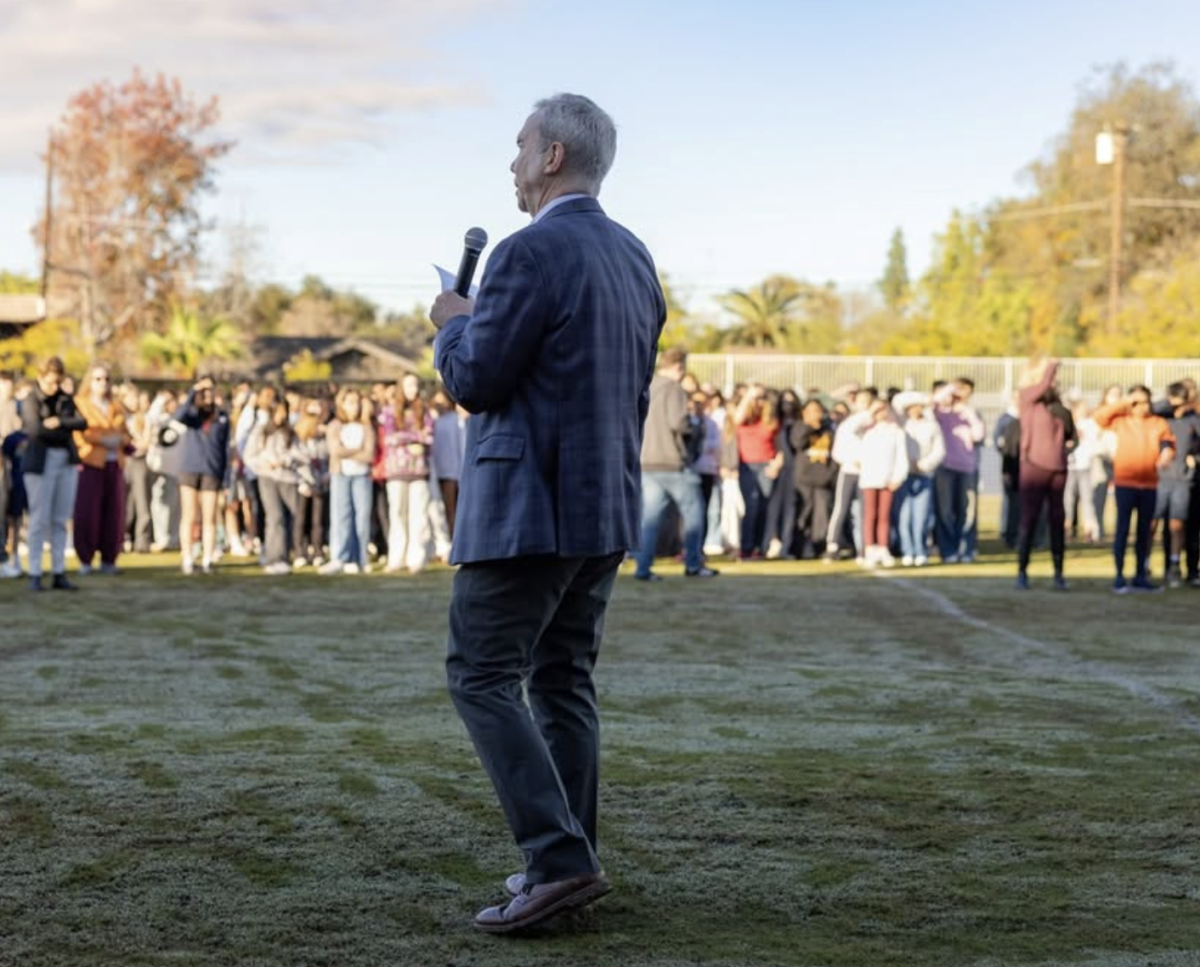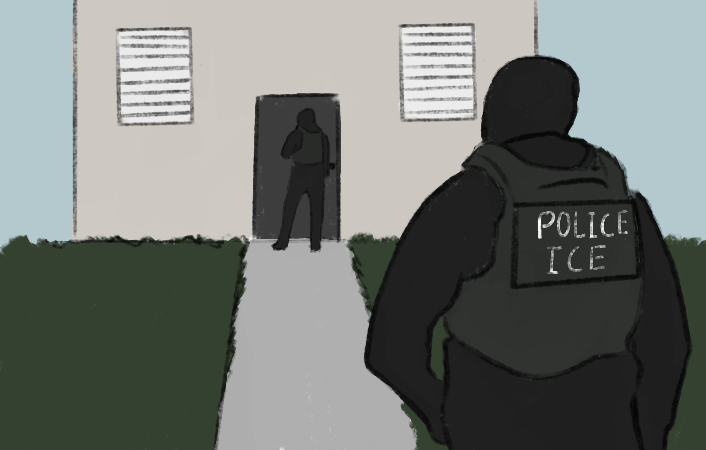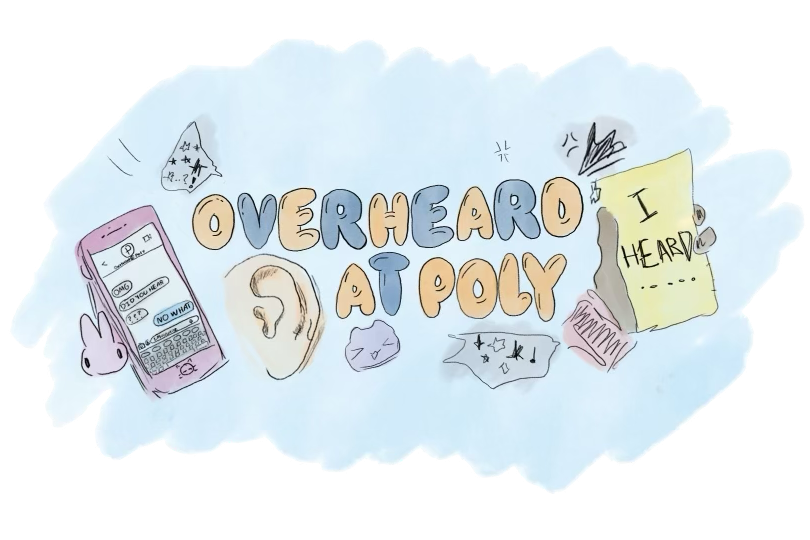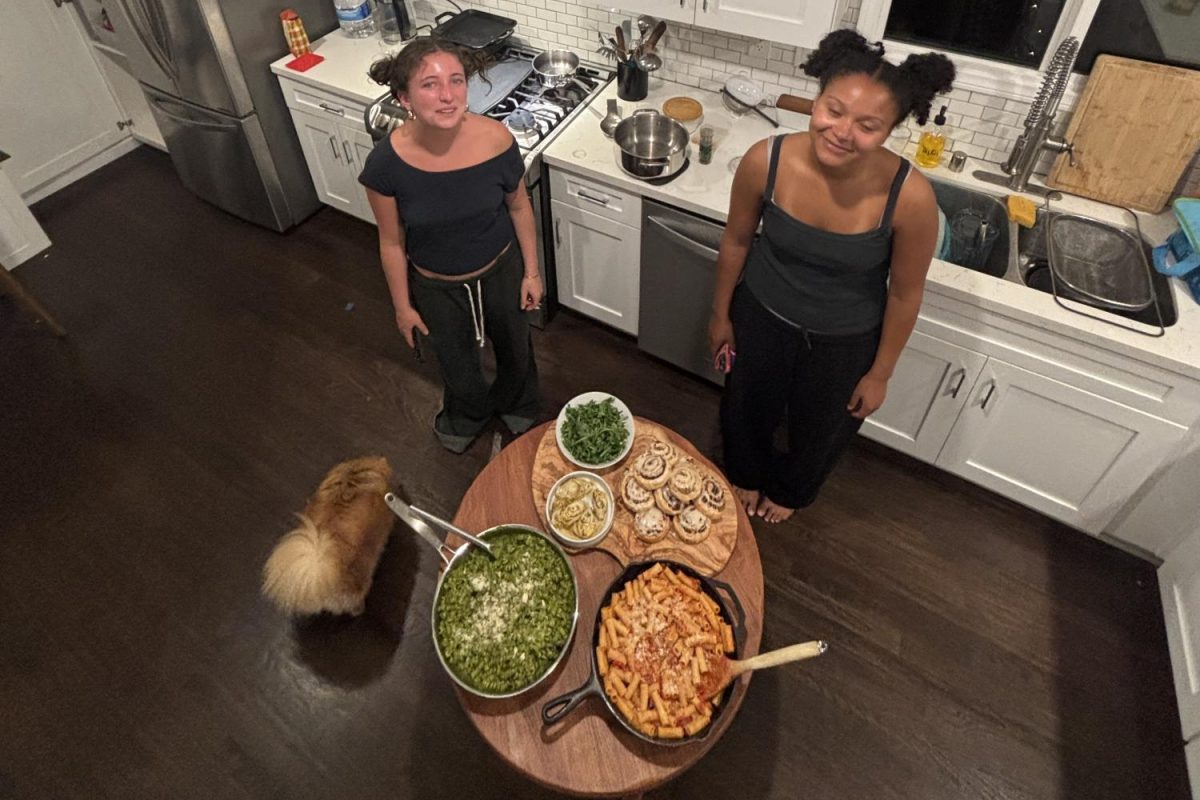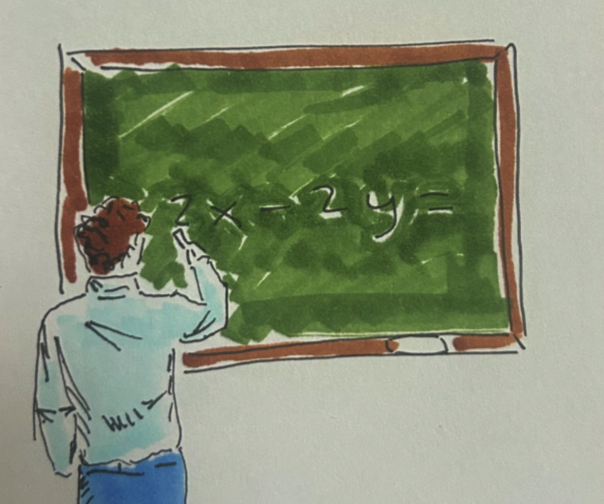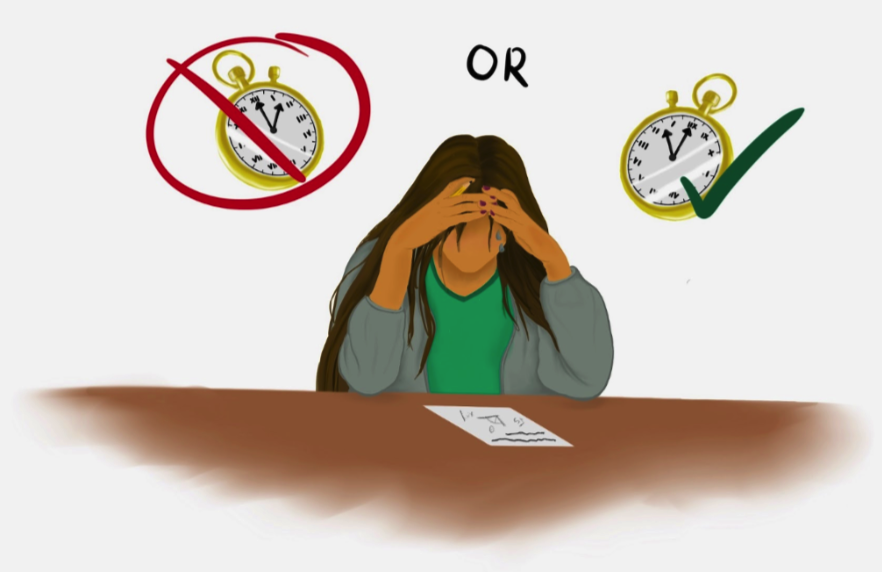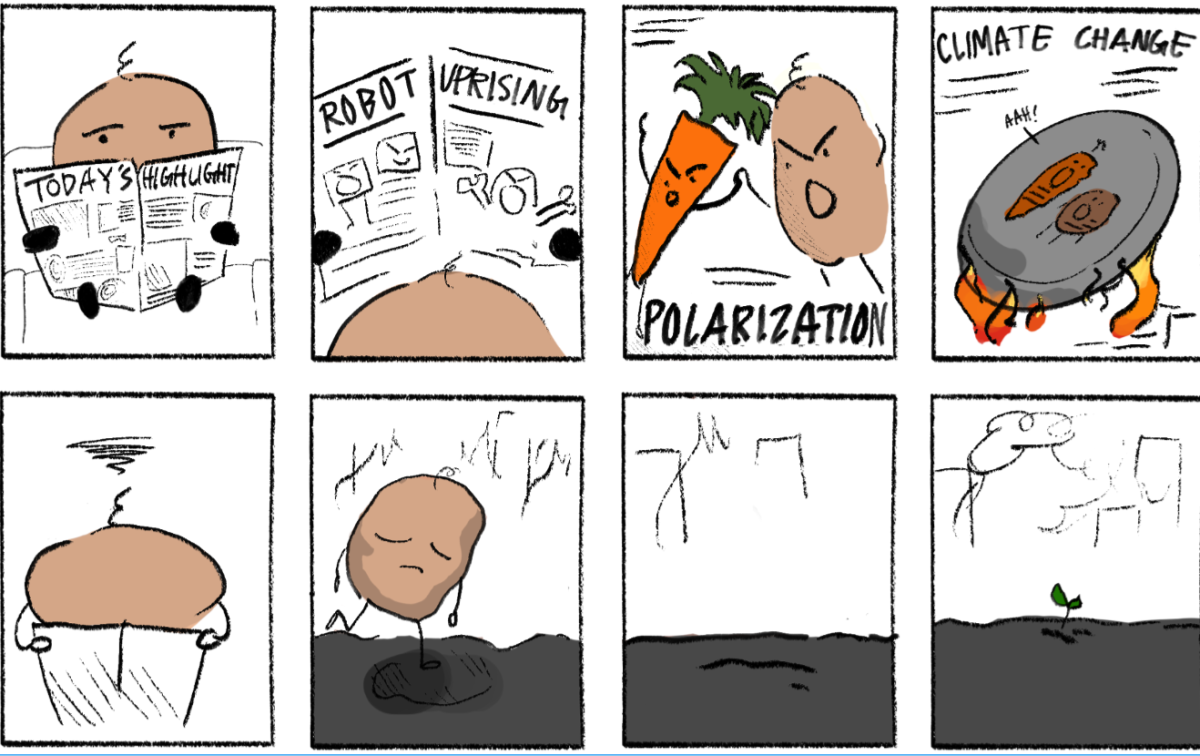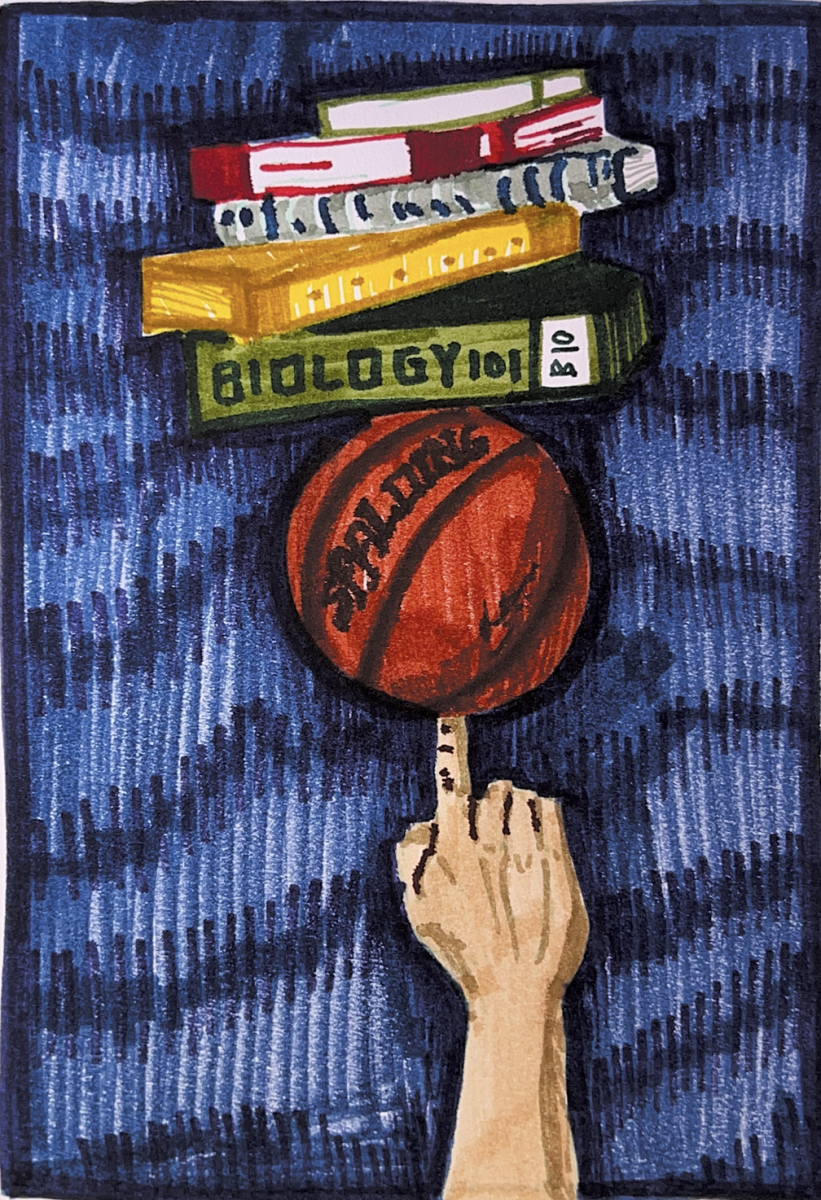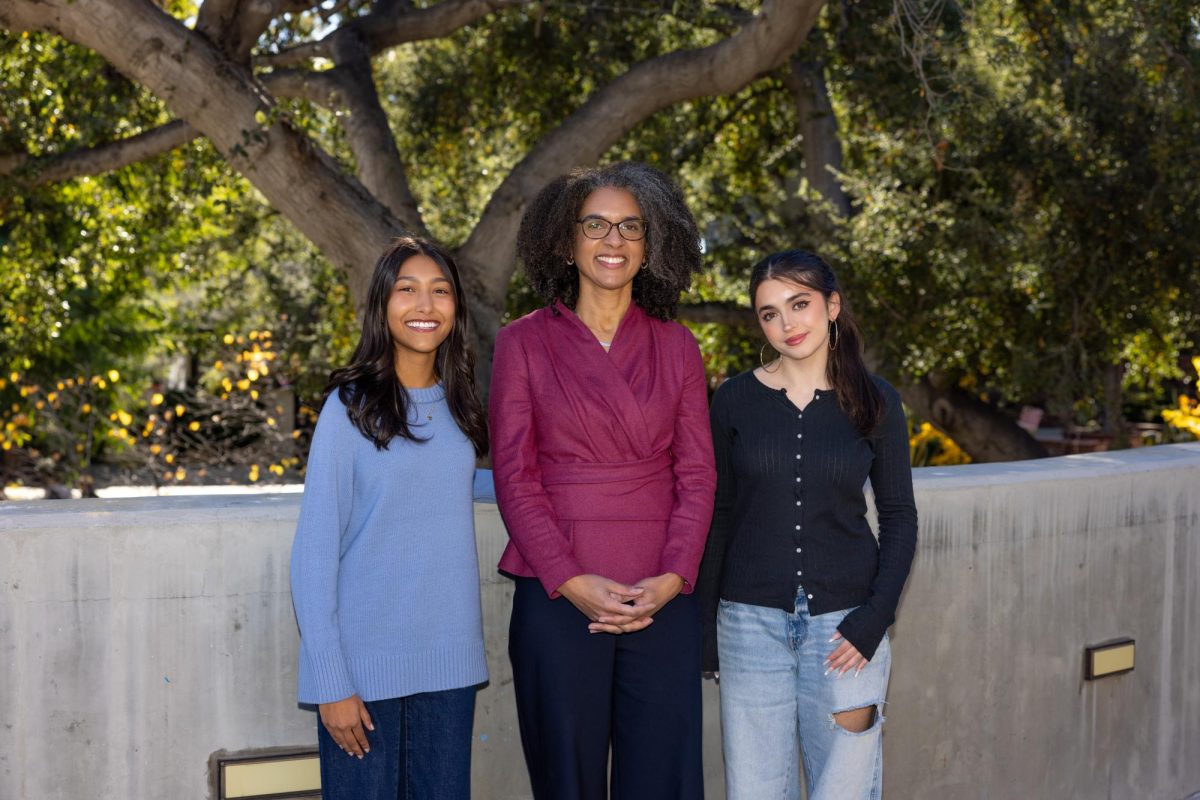With the Lunar New Year approaching, Asian American families across the country cook, clean and shop in preparation for festivities. During holidays like the Lunar New Year, vivid expressions of Asian culture come to the forefront of daily life: red lanterns and envelopes; exasperated “Ay-yuhs” from family members; the smell of Mom’s cooking.
This upcoming New Year has made me reflect on my own Chinese identity. Specifically, how it fits into the dominant American culture. When I think about major cultural differences between white and Asian Americans, the concept of love is the first to come to mind. Asian families’ relationship to love is distinct. Often, mainstream media fails to capture the nuances guiding this relationship. Instead our identities become flattened. We are portrayed as cold, harsh and unemotional.
As I consider my own family, some of these stereotypes may appear to be true. The majority of my extended family is Chinese. “I love you” is a phrase that they use scarcely; so few and far in-between that I can count the number of times I have heard it on one hand. In my family, accomplishments are acknowledged with curt nods of approval. Apologies take the form of cut fruit. Grief is expressed with silent acts of solidarity: prayer and home-cooked meals. A verbal “I love you” never seems to fit into the equation.
This experience is a stark contrast to what I have observed of my white peers and their families. Their expressions of love seem so open to me. They display casual acts of affection without the self-consciousness characteristic of my Chinese family. I have always wondered why we do not express love as outwardly as white families tend to. A lack of demonstrative affection is not unique to my extended family. In fact, it is quite common amongst the community of Chinese-American immigrants. Yet this lack of “I love you” does not equate to a lack of love. Instead, I believe that it is a reflection of the Chinese immigrant experience.
Throughout American history, starting during the Gold Rush, Chinese people have served as a quiet workforce. My own grandfather was recruited to the United States by the government to work as an engineer for the American military. He achieved the American dream— a house with two kids and a wife— but his voice became lost in the hustle of striving to conform to American society—a society that he never fully felt accepted in. “Head down, work hard” became a mantra of Chinese immigrant life in America. Over time, Chinese immigrants have adapted to a culture that does not value their voice, but rather, their service, which translates to the way that they show care.
Even though my immigrant family does not say “I love you,” every time my grandmother stuffs a red envelope in my hand or cuts me fruit, I know that I am loved.
Categories:
Threads of affection: expressions of love in Asian families
Anastasia Volkoff, Life editor
February 22, 2024
Donate to The Paw Print
Your donation will support the student journalists of Polytechnic School. Your contribution will allow us to purchase equipment and cover our annual website hosting costs.
More to Discover
About the Contributor
Anastasia Volkoff, Life Editor

